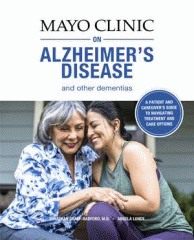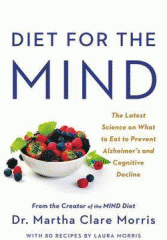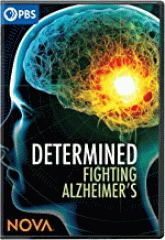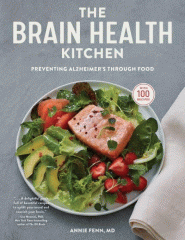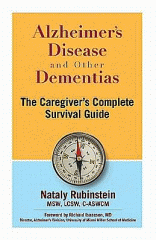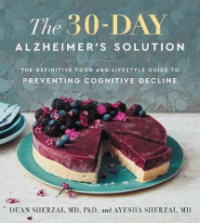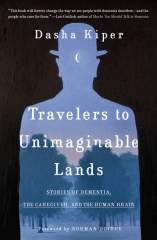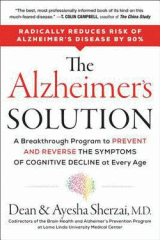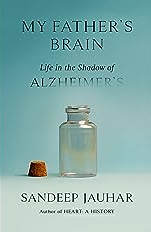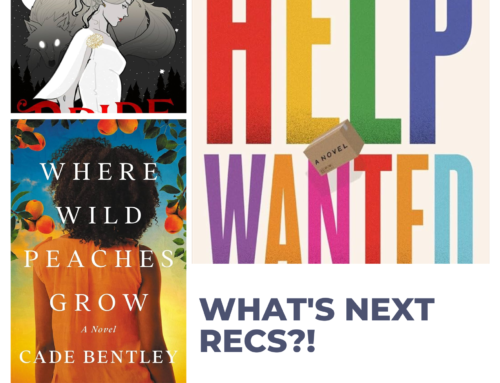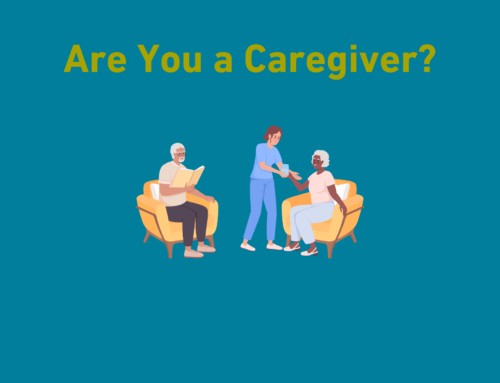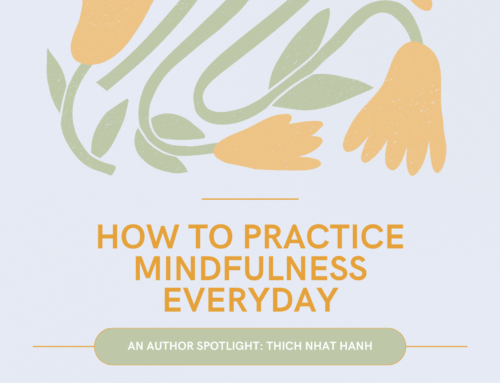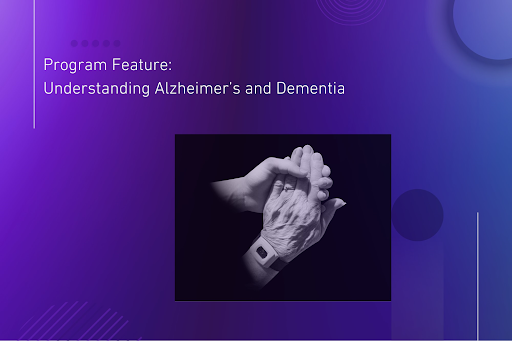
Alzheimer’s is not normal aging. It’s a disease of the brain that causes problems with memory, thinking, and behavior.
How does the brain work? This miraculous organ controls our thoughts, memories, actions, and functions and is filled with our life’s experiences. Our experiences and conditions – such as nutrition, stress, the environment, and medications – affect our brains. As we go through life, our brains are constantly changing and mostly working on autopilot. So what happens when changes to the brain result in diseases such as dementia or Alzheimer’s?
A diagnosis of Alzheimer’s or dementia can affect the patient and their family members emotionally and financially. Help and support are available through the Alzheimer’s Association National Capital Area Chapter.
Join us at PD Brown Memorial Library Branch as Mr. Michael Watson of the National Capital Area Chapter shares information to help patients, caregivers, and family members understand Alzheimer’s and dementia.
Saturday, January 20, 2024 at 2 PM
PD Brown Memorial Library Branch
Registration is required.
To register and for more information, click here.
For further reading:
Visit Charles County Public Library or search the Catalog for books and other resources about Alzheimer’s and dementia. Here are a few titles to get you started:
Mayo Clinic on Alzheimer’s Disease and Other Dementias by Jonathan Graff Radford and Angela M. Lunde
Part 1. Typical aging vs. dementia. What’s typical and what’s not — Mid cognitive impairment — What is dementia? Getting an accurate dementia diagnosis Part 2. Alzheimer’s disease. The science of Alzheimer’s disease — Diagnosing Alzheimer’s disease — Atypical and young-onset Alzheimer’s dementia — Treating Alzheimer’s disease Part 3. Causes of dementia other than Alzheimer’s. Frontotemporal degeneration — Lewy body dementia — Vascular cognitive impairment Part 4. Living a full life with dementia. Addressing the stigmas — Adjusting to a diagnosis — Road map toward well-being — Planning for the end of life Part 5. Life as a care partner. Who are caregivers — Overcoming the challenges — Road map toward well-being Part 6. Brain health for everyone. Healthy aging — Research and trends.
Diet for the Mind by Dr. Martha Clare Morris
Looks at the role that diet plays in brain health and the prevention of cognitive decline and offers a diet designed to ensure that the brain gets the nutrients it needs to function at its best, along with eighty recipes full of brain nutrients.
In this episode of Nova, three women at risk of developing Alzheimer’s join a groundbreaking study to try to prevent the disease, while sharing their ups and downs, anxiously watching for symptoms, and hoping they can make a difference.
The Brain Health Kitchen by Artisan Books
“Scientific studies show that the choices we make today about what we eat help determine our mental health as we age. In The Brain Health Kitchen, Dr. Annie Fenn gives readers a guide to preserving cognitive ability through food, with 100 recipes to promote mental acuity. Fenn, a doctor turned chef, has organized the book into 10 chapters representing the most neuroprotective foods: berries, leafy greens, nuts and seeds, beans and lentils, whole grains, cruciferous vegetables, and more. Fenn walks readers through choices they can make to create a brain-friendly diet, like how to choose meats that will fuel instead of harm, how to understand the nuances between “good” and “bad” fats, and the difference between processed sugars and natural sugars. Science bites throughout the book explain the research behind the facts. Eating for brain health also means embracing cooking methods that preserve the nutrition of the food, such as braising, steaming, and smoking. The Brain Health Kitchen includes recipes for every meal of the day-from Caramelized Apple and Quinoa Pancakes for breakfast to Glazed Citrus, Almond, and Olive Oil Cake for dessert. And because cooking for your brain health is not about restricting or dieting, anyone can embrace this way of eating, whether they’re vegan or vegetarian, pescatarian, a meat lover, or gluten intolerant. Backed by scientific research and a true love for food, Fenn teaches readers to eat for brain health today, so that the mind stays sharp for tomorrow.
Alzheimer’s Disease and Other Dementias: The Caregivers Survival Guide by Nataly Rubinstein
In this practical guide to caring for someone with dementia, the author, a licensed clinical social worker and certified geriatric care manager, explains how to work with health care providers to secure the best treatment options, handle difficult behaviors that change over time, make the home safer, evaluate and choose respite care and long-term care options, find legal and financial assistance, and improve overall quality of life.–From publisher description.
The 30 Day Alzheimer’s Solution by Dean Sherzai, MD, PhD and Ayesha Sherzai, MD
The 30-day Alzheimer’s Solution is the first research-based, doctor-approved program for preventing Alzheimer’s disease, featuring clear nutrition and lifestyle guidelines, and more than 75 easy-to-make recipes. In thirty days you will discover noticeable improvements in memory and mental agility, and, most important, protect your overworked and overwhelmed brain from falling into disease.
Travelers to Unimaginable Lands by Dasha Kiper
These compelling case histories meld science and storytelling to illuminate the complex relationship between the mind of someone with dementia and the mind of the person caring for them. After getting a master’s degree in clinical psychology, Dasha Kiper became the live-in caregiver for a Holocaust survivor with Alzheimer’s disease. For a year, she endured the emotional strain of looking after a person whose condition disrupts the rules of time, order, and continuity. Inspired by her own experience and her work counseling caregivers in the subsequent decade, Kiper offers an entirely new way to understand the symbiotic relationship between patients and those tending to them. Her book is the first to examine how the workings of the “healthy” brain prevent us from adapting to and truly understanding the cognitively impaired one. In these poignant but unsentimental stories of parents and children, husbands and wives, Kiper explores the existential dilemmas created by this disease: A man believes his wife is an impostor. A woman’s imaginary friendships drive a wedge between herself and her devoted husband. Another woman’s childhood trauma emerges to torment her son. A man’s sudden Catholic piety provokes his wife. Why is taking care of a family member with dementia so difficult? Why do caregivers succumb to behaviors–arguing, blaming, insisting, taking symptoms personally–they know are counterproductive? Exploring the healthy brain’s intuitions and proclivities, Travelers to Unimaginable Lands reveals the neurological obstacles to caregiving, enumerating not only the terrible pressures the disease exerts on our closest relationships but offering solace and perspective as well.
The Alzheimer’s Solution by Dean & Ayesha Sherzai, MD
The Sherzais believe that 90 percent of Alzheimer’s cases can be prevented. Based on their clinical studies, they have devised a comprehensive program for preventing Alzheimer’s disease and improving cognitive function. The brain is a living universe, directly influenced by nutrition, exercise, stress, sleep, and engagement. These factors are the pillars of a program that evaluates risk, offers suggestions for prevention and symptom-reversal, and provides day-by-day guides for optimizing cognitive function. The future of your brain is finally within your control.
My Father’s Brain by Sandeep Jauhar
Almost six million Americans — about one in every ten people over the age of sixty-five — have Alzheimer’s disease or related dementias, and this number is projected to more than double by 2050. In My Father’s Brain, the distinguished physician and author Sandeep Jauhar sets his father’s descent into Alzheimer’s alongside his own journey toward understanding this disease and how it might best be coped with, if not cured. In an intimate memoir rich with humor and heartbreak, Jauhar relates how his immigrant father and extended family felt, quarreled, and found their way through the dissolution of a cherished life. Along the way, he lucidly exposes what happens in the brain as we age and our memory falters, and explores everything from the history of ancient Greece to the most cutting-edge neurological — and bioethical — research. Throughout, My Father’s Brain confronts the moral and psychological concerns that arise when family members must become caregivers, when children’s and parents roles reverse, and when we must accept unforeseen turns in our closest relationships — and in our understanding of what it is to have a self.

